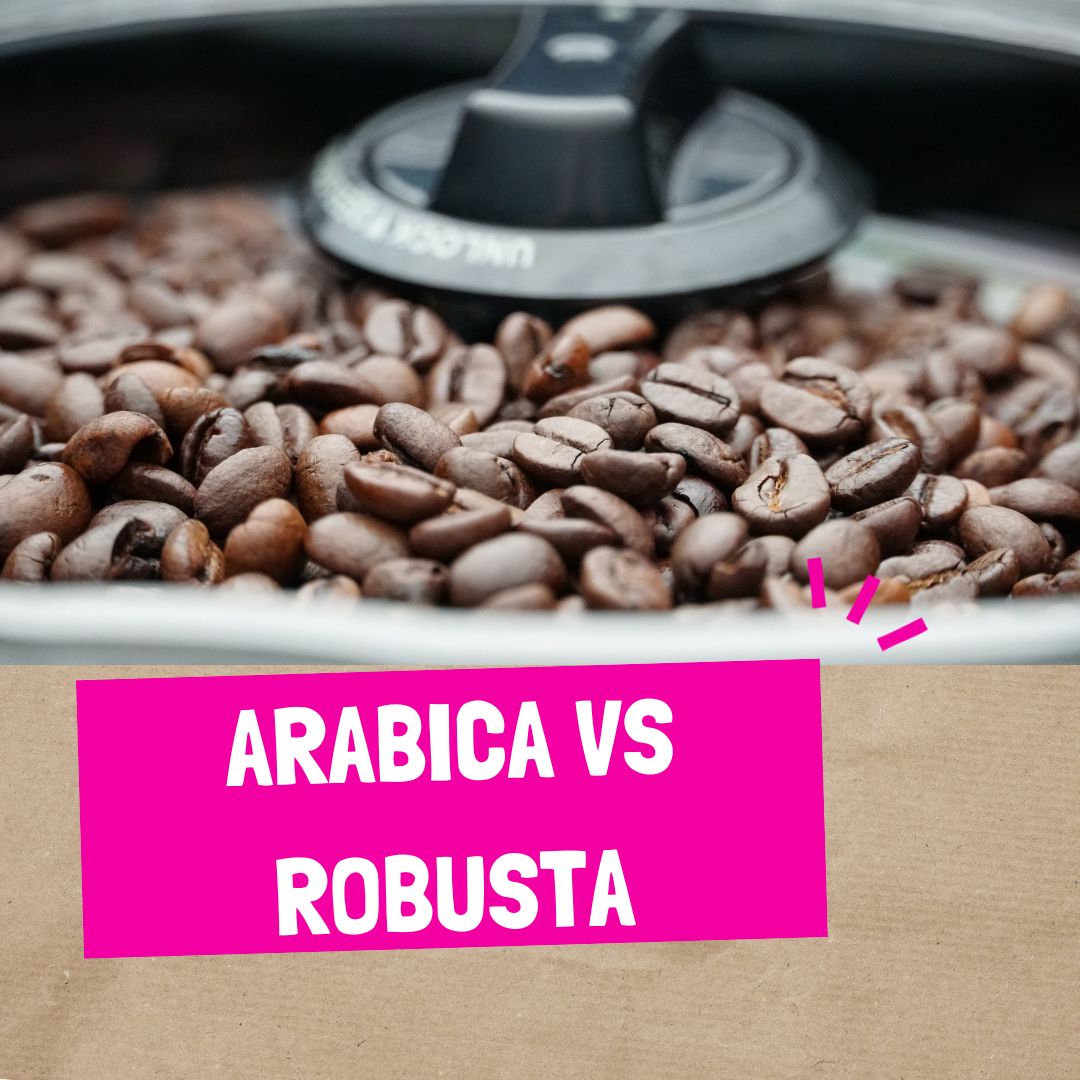Are Coffee Grounds Good for Plants? Exploring The Benefits
Coffee has a special place in the hearts of millions worldwide. It energises our mornings and provides a comforting ritual throughout the day. But what if we told you that the magic of coffee extends beyond the cup? They are often considered waste but can be a valuable resource for your garden. In this article, we'll explore the question: do coffee grounds help plants? We'll uncover the garden benefits of them and provide expert insights on how to make the most of this caffeinated compost.
Why Are Coffee Grounds Good For Plants?
Coffee grounds are rich in nutrients and organic matter, making them a great addition to your gardening routine. Here's why they can be a superfood for your plants:
- Organic Matter: They are an excellent source of organic material, which enhances soil structure, promotes water retention, and encourages beneficial microorganisms in the soil.
- Nitrogen Boost: They are nitrogen-rich, an essential nutrient for plant growth. Nitrogen encourages lush foliage and robust greenery, making it a valuable addition to the soil.
- pH Balancing: Ground coffee is slightly acidic, which can help balance the pH level of your soil. This is particularly beneficial for plants that thrive in acidic conditions, such as azaleas and rhododendrons.
- Pest Repellent: They can act as a natural barrier against garden pests like snails and slugs. These critters are often repelled by the texture and acidity of coffee grounds.

Don’t take our word for it, here’s what the gardening experts say...
A RISE coffee friend and owner of The Rose Press Garden, Lizzie says ‘Coffee grounds are brilliant for plants. They’re often free (once you’ve enjoyed the lovely coffee), easy to use- just add to your compost bin, high in nutrients- particularly nitrogen which helps the leafy growth on plants’
Dr. Linda Chalker-Scott, a horticultural expert, emphasises the benefits of them in gardening: "Coffee grounds provide organic matter, improve soil structure, and offer plants a healthy dose of nitrogen. They can be a wonderful addition to your garden's soil."
Sara Hartman, a certified master gardener, notes that "they are not just for your compost pile. They can improve soil texture, enhance moisture retention, and support your garden's overall health."
Using Coffee Grounds in Your Garden
Now that we've established the garden benefits of them, here are some tips on how to use them effectively:
Composting: Coffee grounds can be added to your compost pile. Their nitrogen-rich content balances the carbon-rich materials in your compost, creating a nutrient-rich mixture. Just remember to mix them with other compost materials like leaves and kitchen scraps.
Direct Application: You can sprinkle them directly onto the soil around your plants. However, avoid creating a thick layer, as this can lead to clumping. Instead, spread a thin, even layer and gently work it into the soil.
Mix with Mulch: Combined with mulch they can enhance the soil's texture and moisture retention. As they break down, they release nutrients into the soil, benefiting your plants.
Acid-Loving Plants: They are particularly beneficial for acid-loving plants like azaleas, blueberries, and camellias. Use them as a natural soil amendment to create optimal growing conditions.

Here Are Some Common Misconceptions Of Using Coffee Grounds In Your Garden
While they can be a valuable garden addition, there are some common misconceptions to be aware of:
Acidity Concerns: Some gardeners worry that the acidity may harm plants. However, they are only mildly acidic and are unlikely to cause problems. In fact, they can benefit acid-loving plants.
Composting Myths: Another myth is that coffee grounds are not suitable for composting. This is untrue. When properly balanced with other compost materials, they can help create nutrient-rich compost.
Fertiliser: While they provide nitrogen, they are not a complete fertiliser. They should be used alongside other organic materials to create a well-rounded soil amendment.
In summary…
In the world of gardening, coffee grounds are a hidden gem waiting to be discovered. They enrich your soil with organic matter, provide a nitrogen boost, and even act as a natural pest repellent. Garden experts and horticulturists recommend their use, and with proper application, you can turn your coffee waste into a valuable resource for plant health and vitality.
So, the next time you ask yourself, "Are coffee grounds good for plants?" The answer should be a resounding yes. Embrace the eco-friendly practice of repurposing them and watch your garden flourish with the benefits of this caffeinated compost.





























Leave a comment